The passing of Queen Elizabeth II has resulted in the Premier League postponing the weekend’s fixtures, but it’s not the first time a Liverpool match has been called off after a Royal death.
On Friday, the decision was made to postpone the weekend’s matches as a show of “respect” for the Queen, who served the United Kingdom for 70 years.
The Premier League made the autonomous decision, one we have not seen for some time in football when it comes to deaths in the royal family.
It is not unprecedented but it is new for a whole generation of supporters and players.
The last monarch to pass before the Queen was King George VI, but what happened to football back in 1952 and then when Princess Diana died in 1997?
Did football stop after the King died?
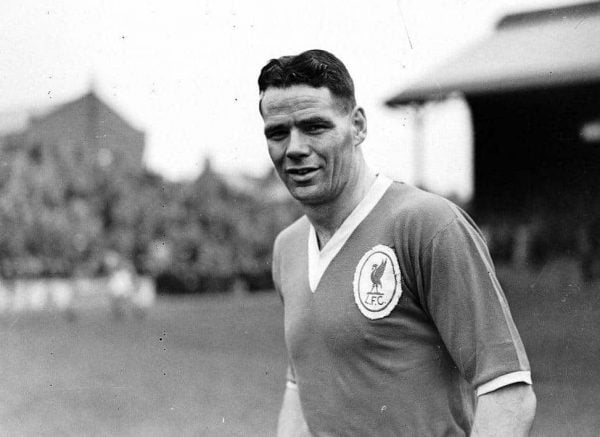
The answer is no.
King George VI passed away on February 6, 1952, a Wednesday, and four games went ahead that evening as part of the fourth round of the FA Cup.
That included Middlesbrough, Doncaster, Brentford, Luton, Sheffield United, West Ham, Gateshead and West Brom, with tributes coming before kickoff for the King.
It is not dissimilar from both Man United and West Ham playing their European games on English soil on Thursday evening, just hours after confirmation of the Queen’s death.
But while the Premier League has chosen to postpone this weekend’s games, back in 1952 the First Division went ahead as scheduled.
For Liverpool, that meant travelling to Derby just three days after King George VI passed away, with Don Welsh leading the club in a 1-1 draw.
Tributes were paid and a note in Derby’s matchday programme read: “The passing of King George has evoked worldwide tribute to his memory.
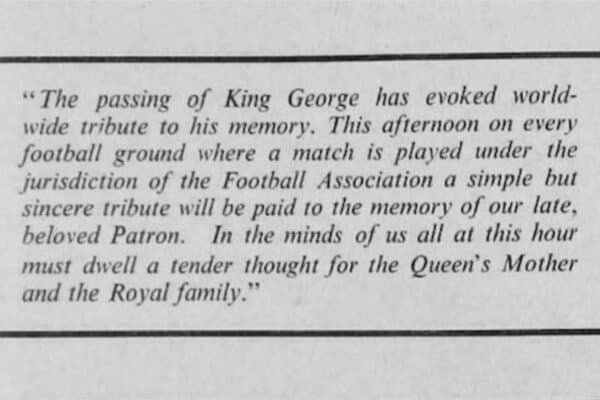
“This afternoon on every football ground where a match is played under the jurisdiction of the Football Association a simple but sincere tribute will be paid to the memory of our late, beloved Patron.
“In the minds of us all at this hour must dwell a tender thought for the Queen’s Mother and the Royal Family.”
Quite the contrast to present day.
As for the King’s funeral, it came on a Friday but games in the First Division went ahead as normal the next day on February 16, 1952.
What happened after Princess Diana’s death?
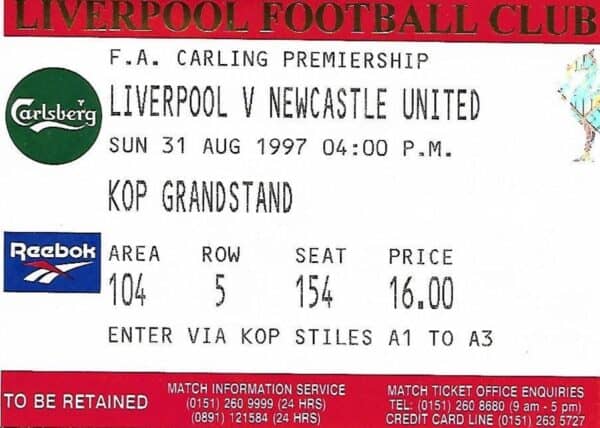
It was the fifth matchday of the 1997/98 season when news of Princess Diana’s death was announced, with only Liverpool and Newcastle scheduled to play on Sunday, August 31, 1997.
There were eight fixtures played on the Saturday previous and Liverpool vs. Newcastle was expected to follow at 4pm on Sunday, but was postponed only hours before kickoff in light of the news.
It was a delayed action even though Diana’s death was confirmed in the early hours of the morning, but Sky did go on to conduct a 45-minute broadcast from Anfield.
The game was rescheduled for January 20, 1998, with Michael Owen scoring the only goal of the game to inflict defeat on Kenny Dalglish‘s Newcastle.
There was another fixture that had not been played after news of Princess Diana passing away came to light, but Bolton vs. Everton went ahead as scheduled on Monday, September 1, 1997 – with a minute’s silence preceding kickoff.
So we’ve seen two different reactions in football after a royal death, but the Queen’s passing has set a different precedent.
*Images: LFChistory.net
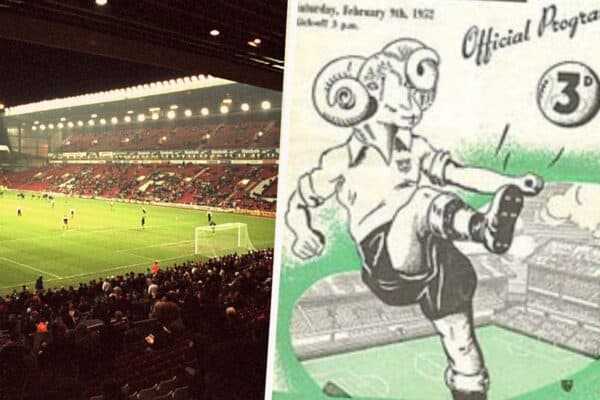


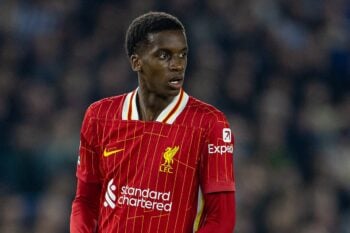


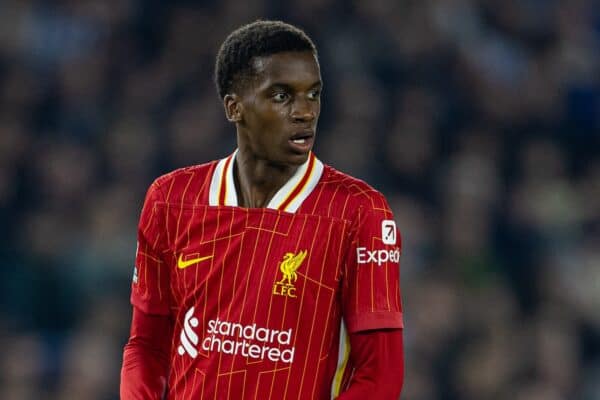


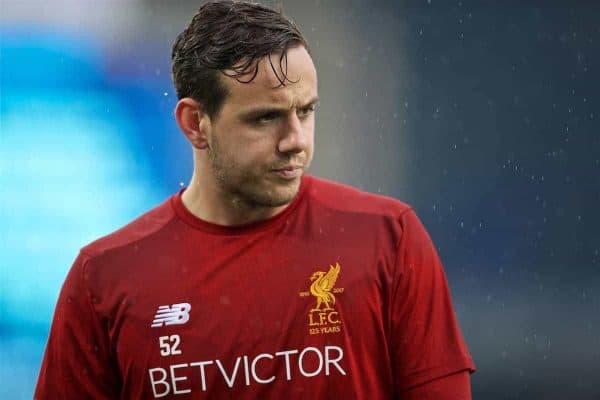
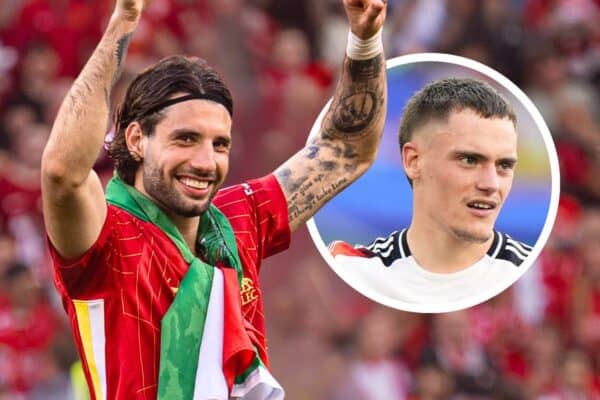
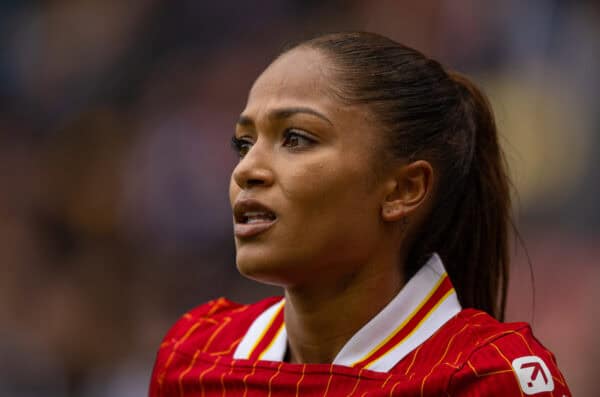
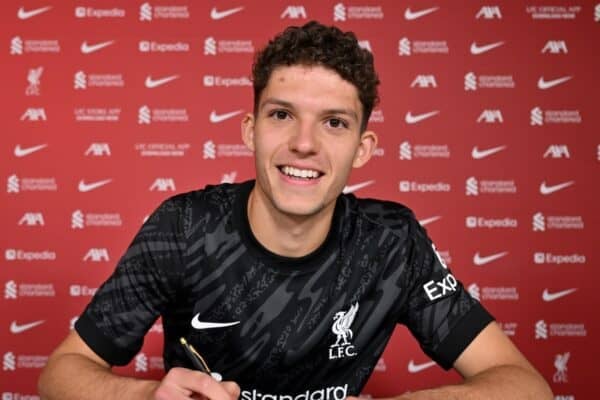


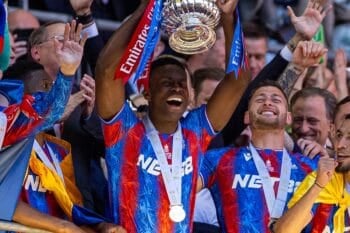
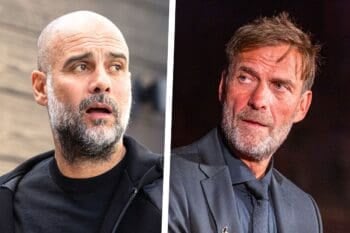
Fan Comments